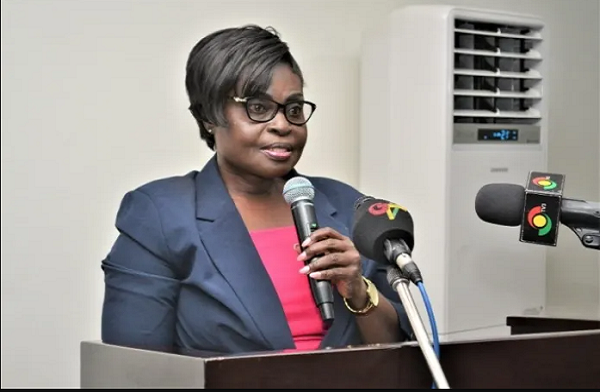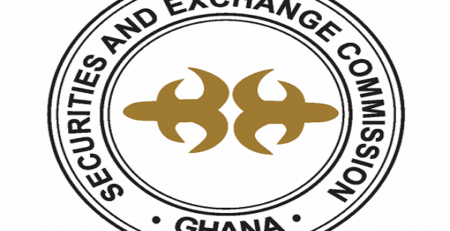Banks lose 96% customer complaints to regulator – ARB Executive Director
About 96% of disgruntled bank customers do not complain directly to their respective banks when they encounter a challenge during their banking transactions, the Executive Director of Association of Rural Banks, Ghana Mrs Comfort Owusu has revealed.
According to her, this revelation is backed by empirical research by marketing experts, stating such dissatisfied customers do not complain directly to the institutions they deal with.
According to her, it is worth noting that, in spite of banks’ conscious efforts to deliver superior quality service, there can be service failure because of uncontrollable factors, a development she noted calls for effective customer complaint management.
The Executive Director of Association of Rural Banks, has therefore, called on rural banks to be proactive by putting in place customer feedback system to track customer complaints and not wait for customers to complain or think customers are satisfied and okay.
By this unfortunate development, Mrs Comfort Owusu has recommend some customer feedback collection tools which include conduction of customer satisfaction survey every quarter, CEOs and Branch managers must interacting with customers to find out their latent problems, mystery shopping among others.
These proactive measures, she believes would help address customers’ complaints thereby reducing customer dissatisfaction and defection.
The Executive Director of Association of Rural Banks (ARB) made these assertions when she addressed the general meeting of the Eastern Regional chapter of the Association of Rural Banks held recently in Koforidua under the theme “Consumer Recourse Mechanisms in Rural Banking”
She emphasized the importance of taking customer complaints seriously; Effective mechanisms and strategies for consumer recourse as swell as Directors and CEOs role in managing customers’ complaints.
Touching on the theme she was of the view that it was excellent and appropriate because it would help their member banks to minimize escalation of cases to the Bank of Ghana and by extension to the law court for redress.
Backing her claims on the need to prioritise customer complaints, she said “According the Bank of Ghana report on customer complaint, a total number of 321 complaints were received from the banking public during the half year of 2021 and the corresponding past half year (2020) was 445.
This development, Mrs Owusu stressed the fact that when the banks disregard customer complaints, customers will seek redress from the regulator which might have a damaging effect on the bank’s reputation.
She has subsequently asked rural banks to pay crucial attention to customer complaints, indicating there is the tendency for customers to engage in negative word of mouth communication by expressing their dissatisfaction to friends, relatives among others.

“On a serious note, some will resort to the mass and social media to seek sympathizers and redress. Like a wild fire spreading, it will no doubt have serious negative impact on the individual RCB and by extension the industry as a whole. To avoid these negative consequences, we must prioritize consumer recourse mechanisms and resolution.” She stressed.
The Executive Director of ARB added that when dissatisfied customers problems are disregarded, they will defect to their competitors, urging them that to bear in mind that some dissatisfied customers don’t leave alone, they will dissuade their friends to join them.
“The resultant effect is that our customer base and bottom-line will suffer. Therefore, as service providers we must give serious attention to customer complaint resolution to drive customer satisfaction and retention.”, Mrs Comfort Owusu added.
Mrs Owusu urged CEOs to acquaint themselves with customer’s complaints to ensure speedy resolution, saying “As Directors and CEOs we have oversight responsibility over our banks and consequently, we will be accountable when complaints escalate to the Bank of Ghana or court.”
Source: B&FT














Leave a Reply